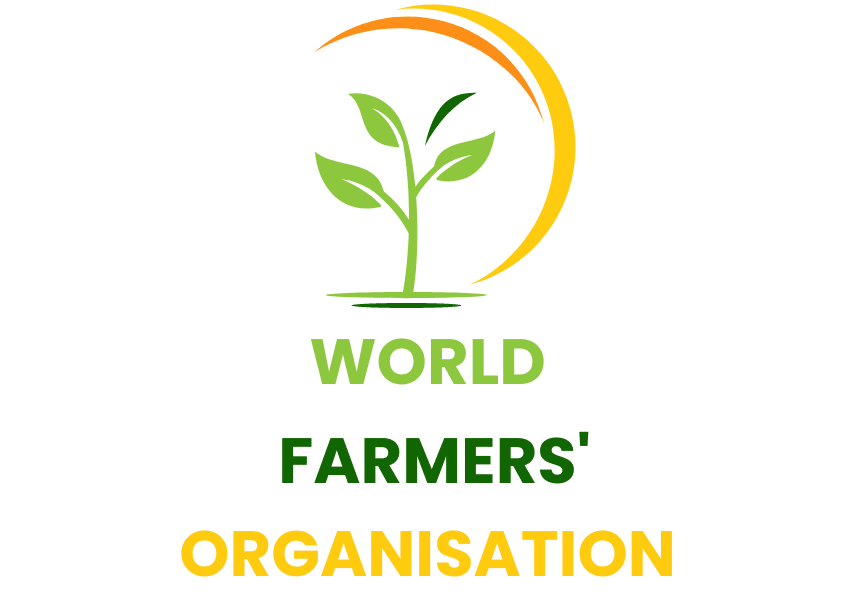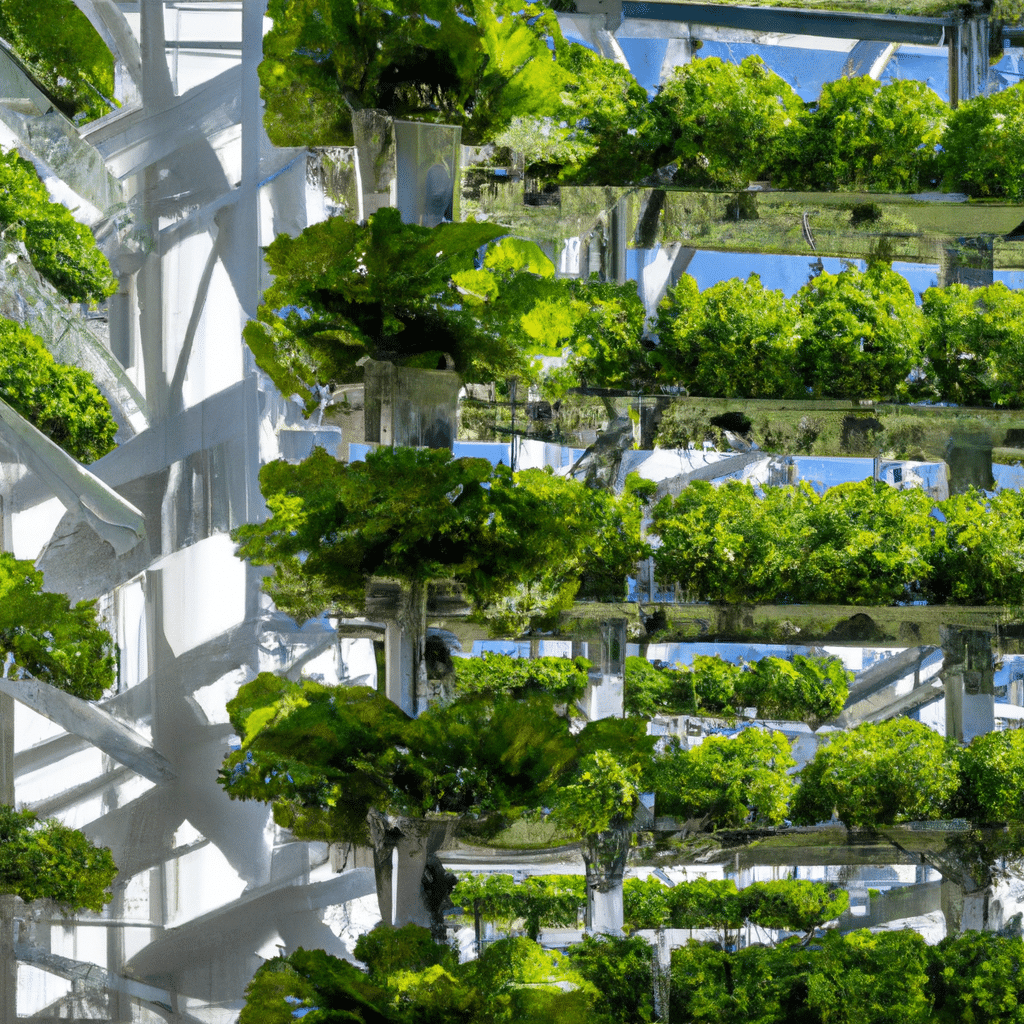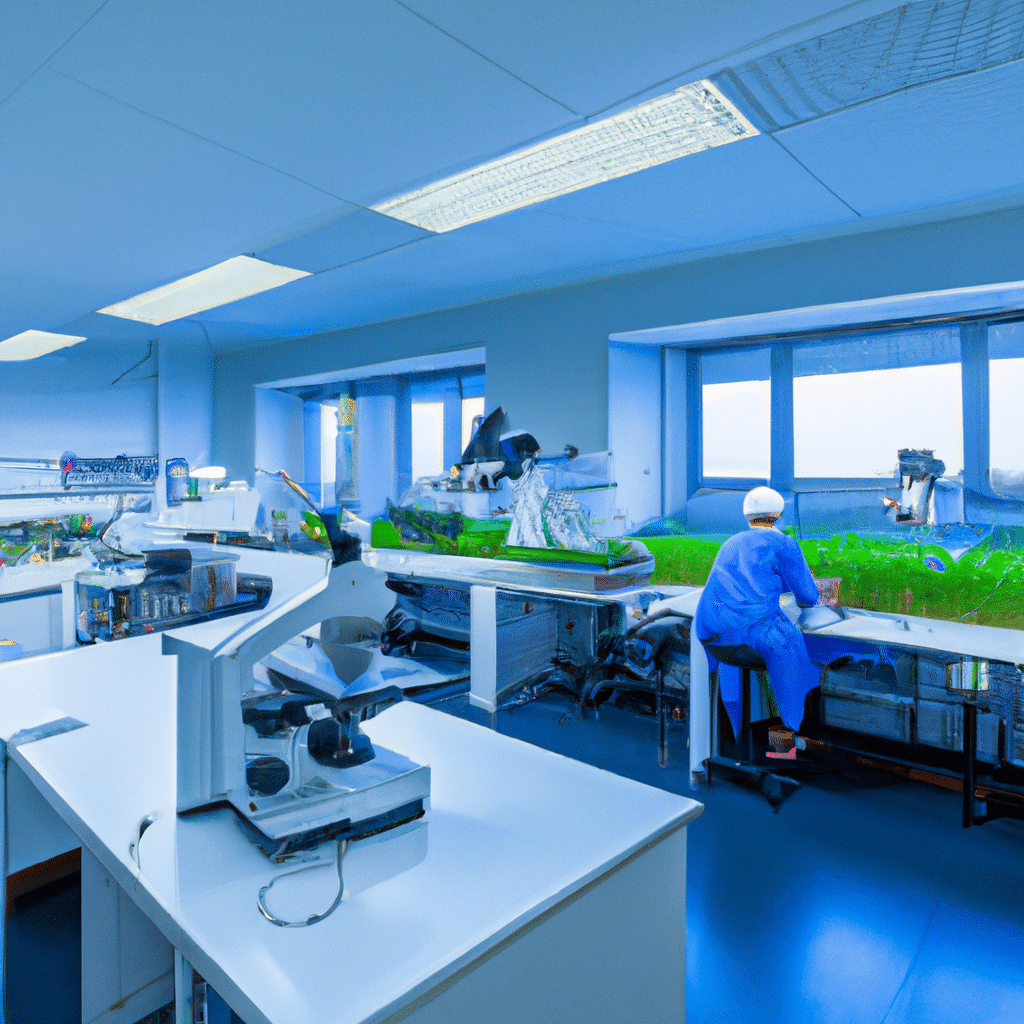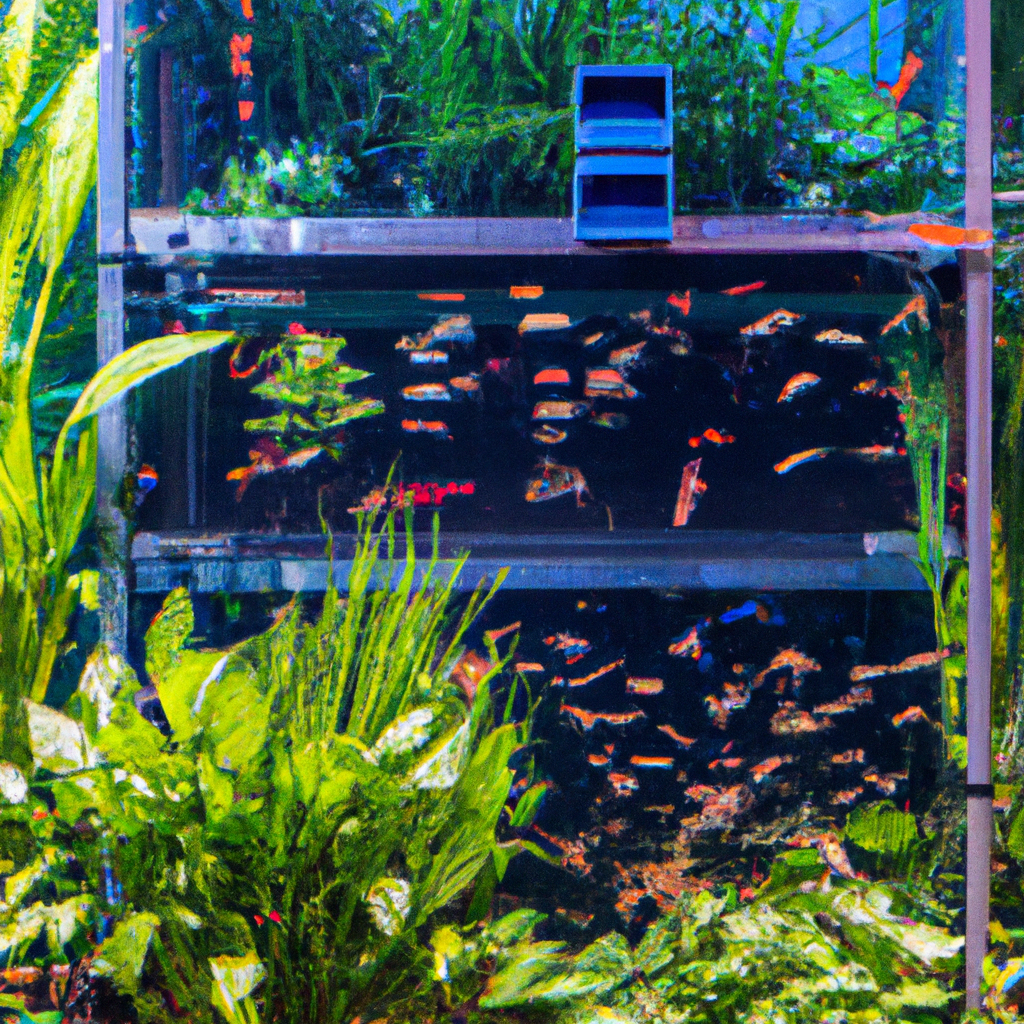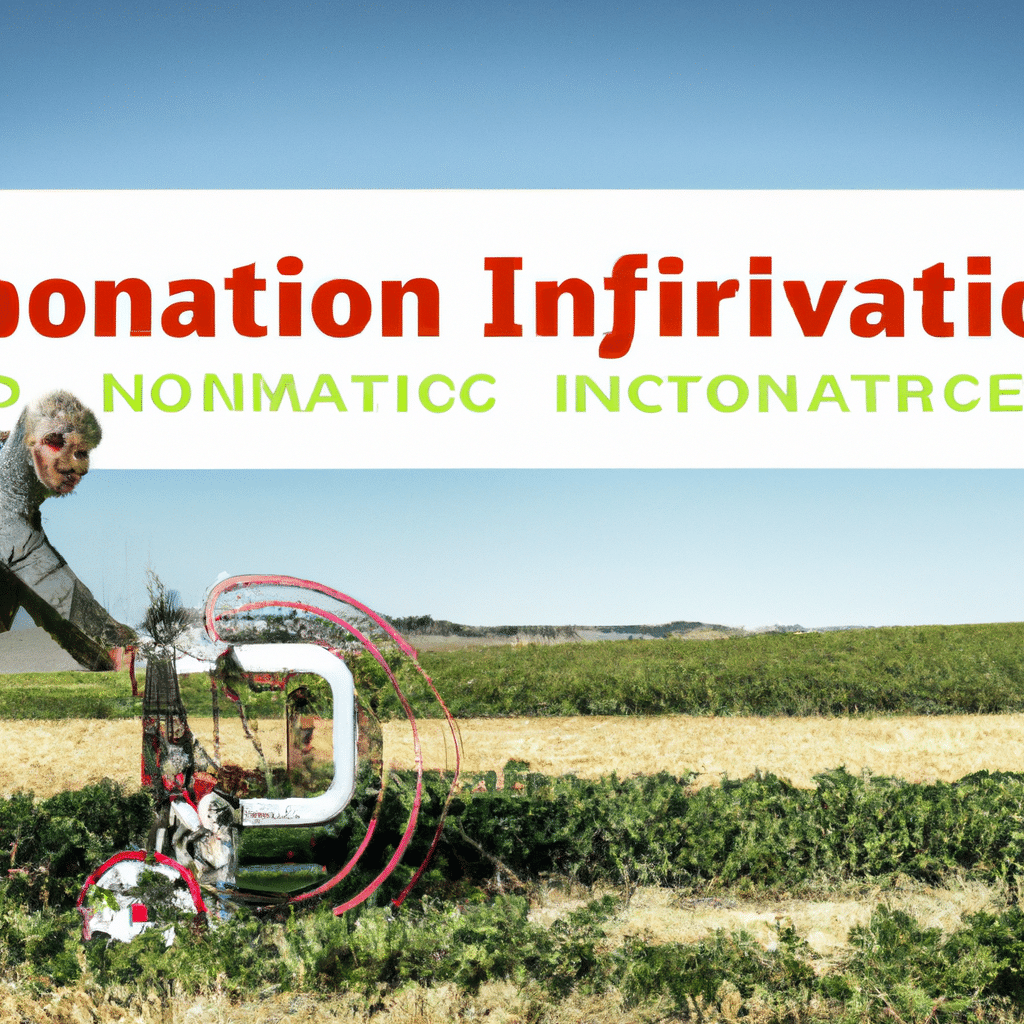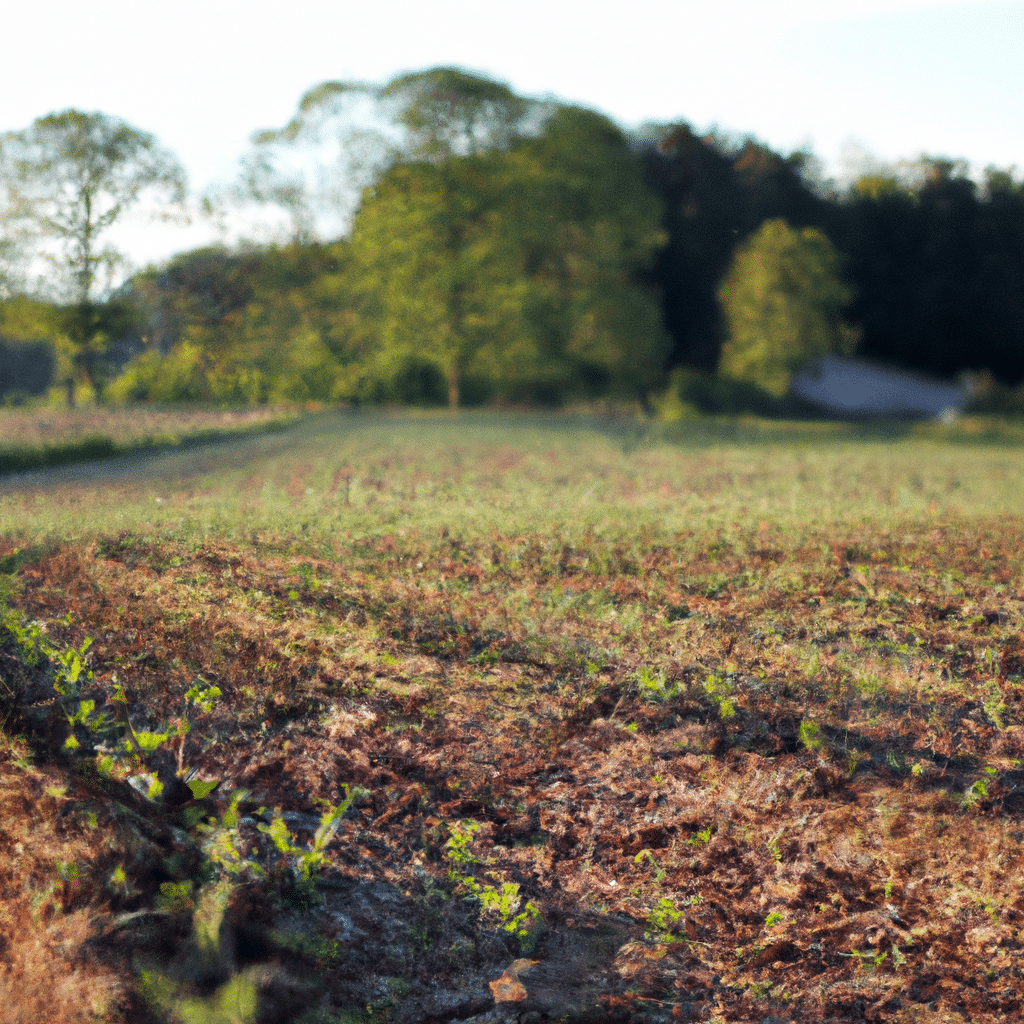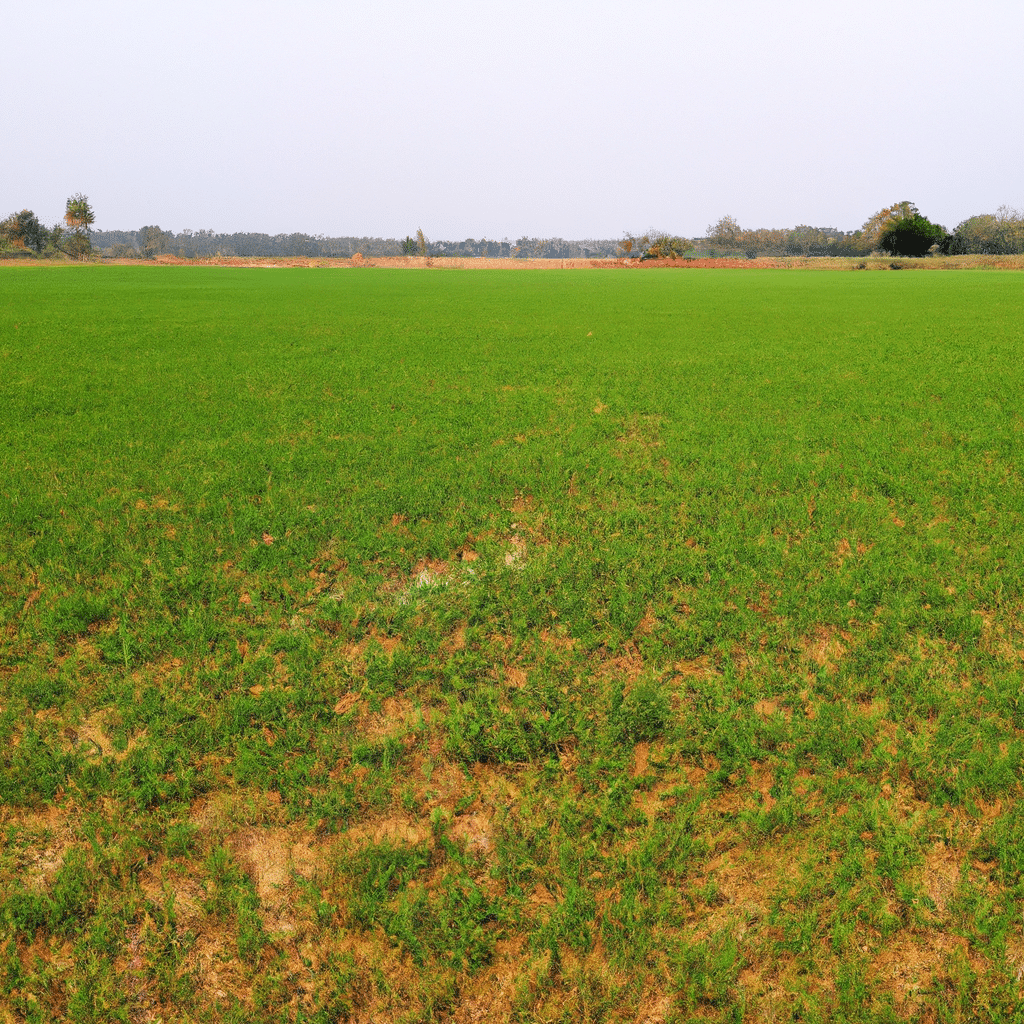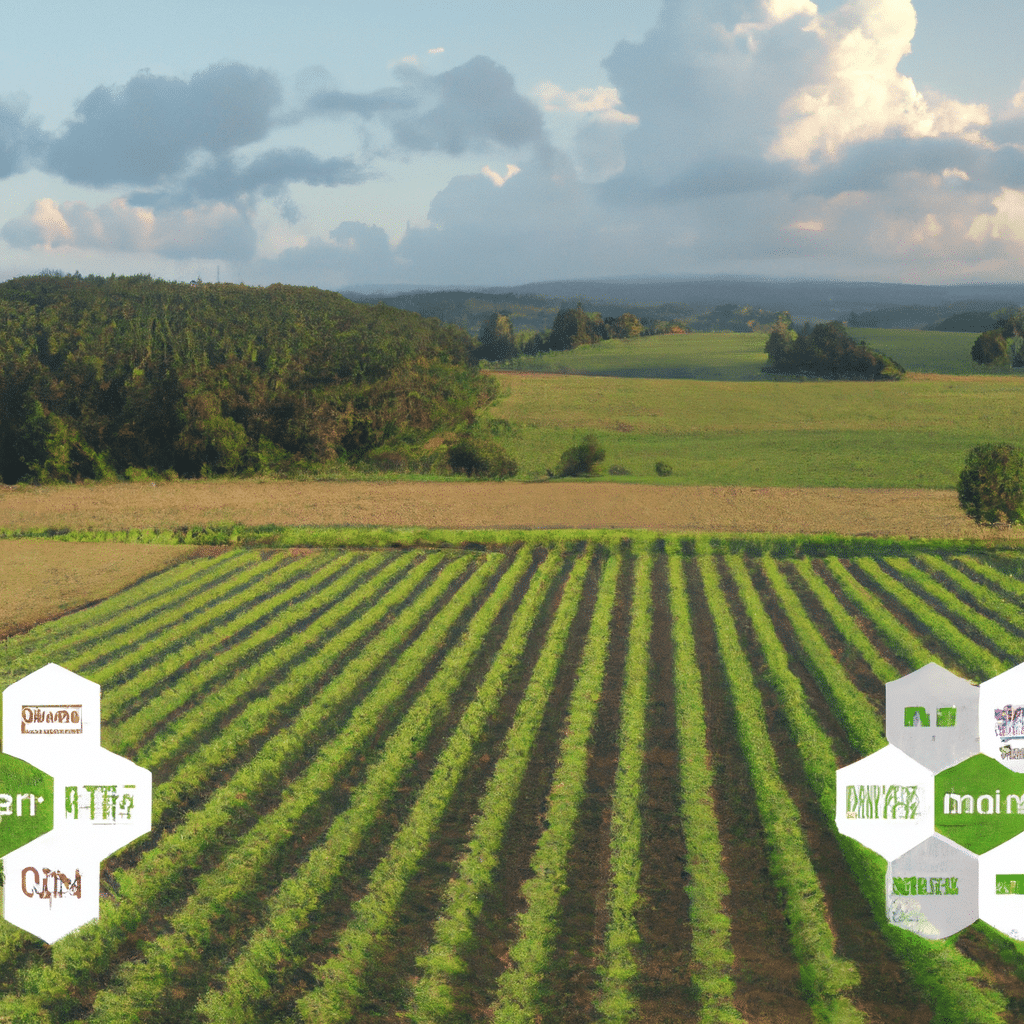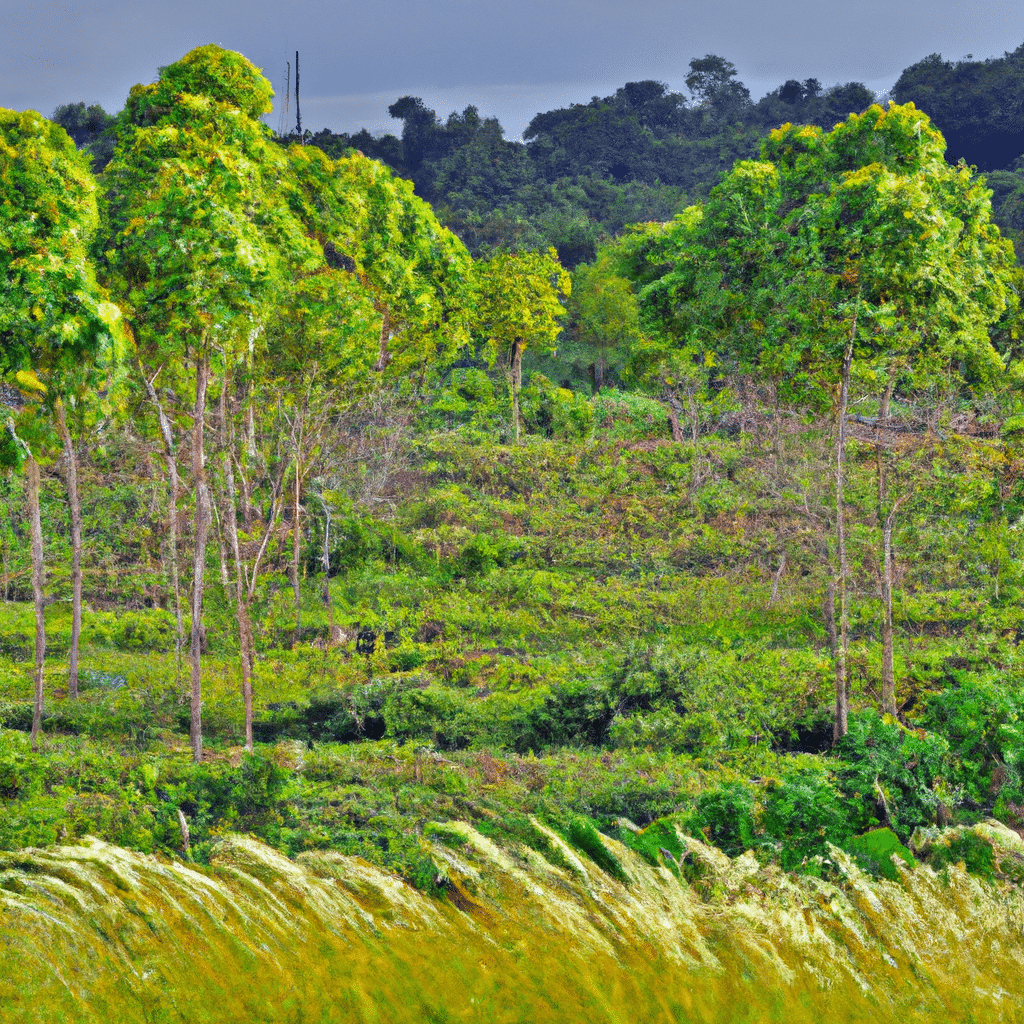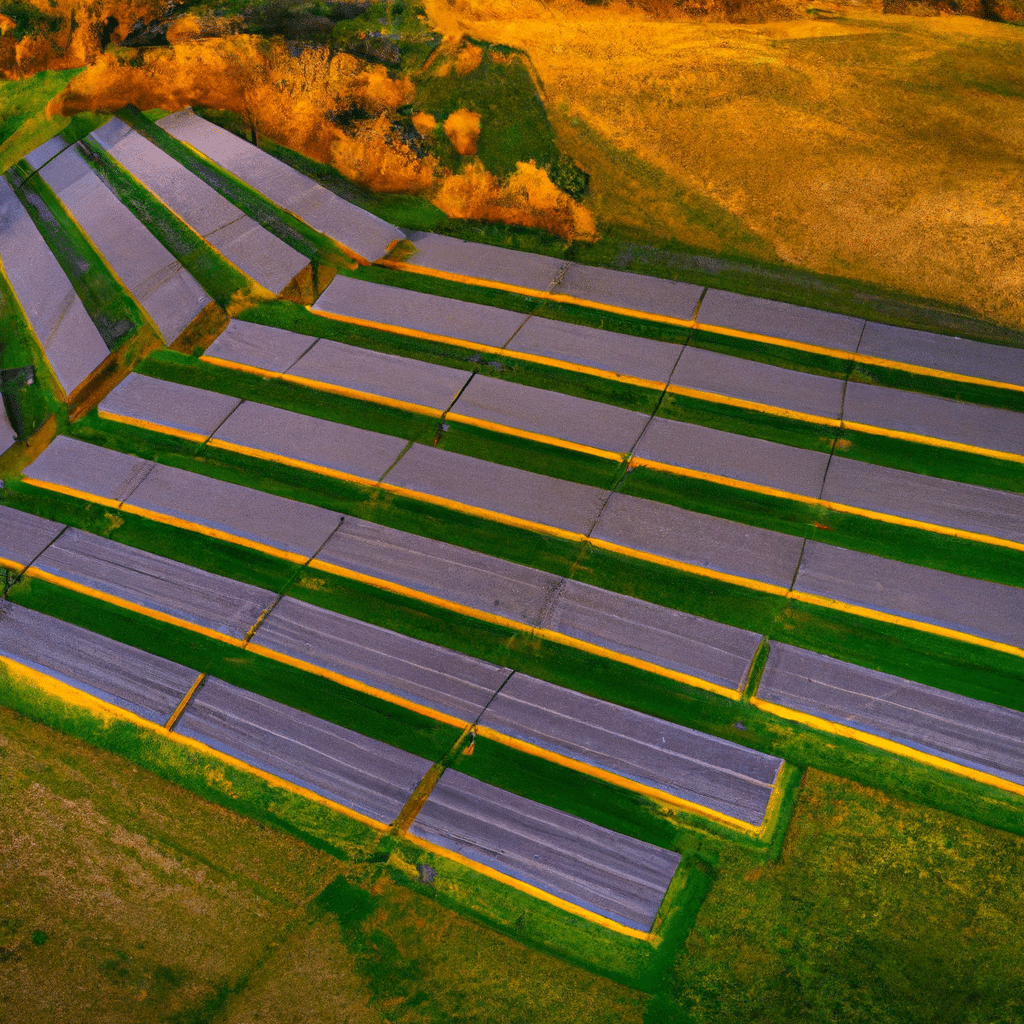Welcome to our comprehensive guide on eco-friendly farming practices and how they can turn food scraps into profitable resources. In today’s world, where sustainability and minimizing waste are essential, eco-friendly farming has emerged as a viable solution. By utilizing innovative techniques and leveraging the power of nature, farmers can not only reduce their environmental impact but also generate additional income. In this article, we will delve into the various aspects of eco-friendly farming, exploring its benefits, methods, and the potential for turning waste into wealth.
The Importance of Eco-Friendly Farming
Traditional agricultural practices often contribute to environmental degradation and resource depletion. However, eco-friendly farming offers a sustainable alternative that focuses on preserving ecosystems, conserving resources, and reducing waste. By implementing these practices, farmers can improve soil health, enhance biodiversity, promote water conservation, and mitigate climate change. Additionally, eco-friendly farming methods can provide economic benefits by creating opportunities for diversification and generating additional revenue streams.
Utilizing Food Scraps for Composting
Food waste is a significant issue worldwide, with large amounts ending up in landfills and contributing to greenhouse gas emissions. Eco-friendly farming tackles this problem by transforming food scraps into valuable compost. Composting involves the decomposition of organic matter, such as fruit and vegetable peels, coffee grounds, and leftover food, into nutrient-rich soil amendments. Farmers can set up composting systems on their farms, utilizing these food scraps to create high-quality compost that enriches their soil, improves crop yields, and reduces the need for synthetic fertilizers.
To start composting, farmers should gather food scraps in designated containers, ensuring a proper balance between carbon-rich materials (e.g., dried leaves, straw) and nitrogen-rich materials (e.g., food scraps, green plant waste). Regularly turning the compost pile helps accelerate decomposition and prevent odor issues. Over time, the organic matter breaks down, resulting in dark, crumbly compost that can be applied to fields or sold to other farmers or gardeners.
Vermicomposting: Harnessing the Power of Worms
Another eco-friendly farming technique that utilizes food scraps is vermicomposting. Vermicomposting involves the use of worms to break down organic waste, including food scraps, into nutrient-rich vermicompost. Red worms, such as Eisenia fetida, are commonly used for this purpose due to their voracious appetite and ability to convert organic matter into a valuable soil amendment.
To set up a vermicomposting system, farmers need a container with adequate ventilation and moisture control. Food scraps are placed in the container along with a bedding material, such as shredded newspaper or coconut coir, to create a favorable environment for the worms. The worms then consume the food scraps, digesting and excreting nutrient-rich castings. These castings, or vermicompost, are an excellent source of organic matter, beneficial microorganisms, and essential nutrients for plant growth. Farmers can use vermicompost directly in their fields or sell it as a premium soil amendment.
Anaerobic Digestion: Transforming Food Waste into Biogas
In addition to composting and vermicomposting, eco-friendly farming embraces anaerobic digestion as a means to convert food waste into valuable biogas. Anaerobic digestion is a natural process that decomposes organic matter in the absence of oxygen, producing biogas, a mixture of methane and carbon dioxide.
Farmers can install anaerobic digesters on their farms, where food waste is collected and mixed with other organic materials, such as animal manure or crop residues. Inside the digester, bacteria break down the organic matter, releasing biogas as a byproduct. The biogas can then be captured, stored, and utilized as a renewable energy source for heating, electricity generation, or even as a vehicle fuel. Anaerobic digestion not only reduces greenhouse gas emissions but also provides a sustainable energy alternative, reducing dependence on fossil fuels.
Diversification through Value-Added Products
Eco-friendly farming offers farmers the opportunity to diversify their income by creating value-added products from food scraps. For example, surplus produce or imperfect fruits and vegetables can be transformed into delicious jams, sauces, or pickles. Farmers can also explore the production of natural cosmetics, such as soaps or skincare products, using organic ingredients derived from their farms.
By tapping into the growing demand for sustainable and locally sourced products, farmers can establish niche markets and gain a competitive edge. These value-added products not only reduce food waste but also provide an additional revenue stream and strengthen the farm’s connection with the local community.
Conclusion
In conclusion, eco-friendly farming practices present a transformative approach to turn food scraps into profitable resources. Through composting, vermicomposting, and anaerobic digestion, farmers can convert organic waste into valuable soil amendments, renewable energy, and value-added products. By embracing these methods, farmers not only contribute to environmental sustainability but also enhance their economic viability. The transition to eco-friendly farming is a win-win situation, benefiting both farmers and the planet. It is time to reimagine agriculture, where waste becomes wealth, and sustainable practices pave the way for a brighter future.
